-
Navigating the Terrain: Common Problems with the Toyota Fortuner

When it comes to SUVs, the Toyota Fortuner stands tall as a reliable companion for both urban commutes and off-road adventures. However, like any vehicle, it's not immune to occasional issues that can arise over time. In this comprehensive guide, we'll explore some common problems that Toyota Fortuner owners may encounter, along with tips on how to address them effectively.
Toyota Fortuner Suspension Concerns

One of the most frequently reported issues with the Toyota Fortuner involves problems with its suspension system. Owners have reported experiencing excessive noise or clunking sounds when driving over bumps or rough terrain. This issue can often be attributed to worn-out suspension components such as bushings, shock absorbers, or ball joints. Over time, these parts can deteriorate due to regular wear and tear, leading to a compromised driving experience.
Solution: If you notice any unusual noises or vibrations coming from your Fortuner's suspension, it's essential to have it inspected by a qualified mechanic. Depending on the severity of the issue, repairs may involve replacing worn-out components or performing a comprehensive suspension overhaul.
Toyota Fortuner Engine Performance Issues

While the Toyota Fortuner is known for its robust engine performance, some owners have reported encountering problems such as loss of power, rough idling, or engine stalling. These issues can be attributed to various factors, including fuel system issues, ignition problems, or engine sensor malfunctions. Left unaddressed, engine performance issues can lead to reduced fuel efficiency and drivability concerns.
Solution: If you experience any engine-related problems with your Fortuner, it's essential to have it diagnosed by a qualified mechanic. A comprehensive engine inspection can help identify the root cause of the issue, whether it's a faulty sensor, clogged fuel injector, or ignition system malfunction. Timely repairs and regular maintenance can help ensure optimal engine performance and longevity.
Toyota Fortuner Electrical System Malfunctions

Another common issue reported by Toyota Fortuner owners involves electrical system malfunctions, such as malfunctioning power windows, faulty central locking, or intermittent dashboard warning lights. These problems can be caused by a variety of factors, including wiring issues, faulty switches, or failing electronic components. Electrical gremlins can be particularly frustrating to diagnose and repair, requiring the expertise of a skilled technician.
Solution: If you're experiencing electrical problems with your Fortuner, it's essential to have the vehicle's electrical system inspected by a qualified technician. A comprehensive diagnostic scan can help identify any underlying issues, allowing for targeted repairs or component replacements as needed. Additionally, regular maintenance and inspections can help prevent electrical problems before they occur.
Toyota Fortuner Transmission Troubles

Some Toyota Fortuner owners have reported experiencing transmission-related issues, such as rough shifting, delayed engagement, or transmission fluid leaks. These problems can be attributed to various factors, including worn-out clutch plates, damaged seals, or transmission fluid contamination. Left unaddressed, transmission issues can lead to costly repairs and potential drivability concerns.
Solution: If you notice any signs of transmission trouble with your Fortuner, it's essential to have it inspected by a qualified mechanic. A thorough transmission inspection can help identify any underlying issues, whether it's worn-out components or fluid leaks. Depending on the severity of the problem, repairs may involve replacing damaged parts or performing a transmission fluid flush and refill.
Toyota Fortuner Brake System Deficiencies

Brake system issues are another common concern among Toyota Fortuner owners, with reports of problems such as brake pedal pulsation, premature brake pad wear, or brake fluid leaks. These issues can compromise the vehicle's braking performance and safety, posing a significant risk to driver and passenger safety.
Solution: If you experience any brake-related problems with your Fortuner, it's crucial to have the vehicle's braking system inspected by a qualified technician. A comprehensive brake inspection can help identify any underlying issues, whether it's worn-out brake pads, damaged rotors, or leaking brake lines. Timely repairs and regular brake maintenance can help ensure optimal braking performance and safety.
Toyota Fortuner Air Conditioning Issues

Some Toyota Fortuner owners have reported encountering problems with the vehicle's air conditioning system, such as inadequate cooling, unusual odors, or intermittent operation. These issues can be caused by various factors, including refrigerant leaks, compressor malfunctions, or faulty HVAC controls. A malfunctioning air conditioning system can compromise passenger comfort, especially during hot weather conditions.
Solution: If you notice any issues with your Fortuner's air conditioning system, it's essential to have it inspected by a qualified technician. A comprehensive inspection can help identify any leaks, damaged components, or electrical issues affecting the system's performance. Depending on the diagnosis, repairs may involve refrigerant recharging, component replacement, or system recalibration to restore optimal cooling performance.
Toyota Fortuner Rust and Corrosion

Over time, some Toyota Fortuner owners may notice the onset of rust or corrosion on various exterior and underbody components, particularly in regions with harsh weather conditions or high humidity levels. Common areas prone to rusting include the vehicle's frame, suspension components, and body panels. Rust and corrosion can compromise the structural integrity of the vehicle, leading to safety concerns and aesthetic deterioration.
Solution: Preventive maintenance and proactive rust protection measures can help mitigate the risk of rust and corrosion on your Fortuner. Regular washing and waxing can help protect the vehicle's exterior surfaces from corrosive elements, while applying rust-inhibiting coatings to vulnerable areas can provide an additional layer of protection. Additionally, addressing any paint chips or scratches promptly can help prevent rust from spreading and causing further damage. If significant rust or corrosion is present, professional rust repair and restoration may be necessary to address the issue effectively.
Conclusion
While the Toyota Fortuner is undoubtedly a capable and reliable SUV, it's essential for owners to be aware of potential issues that may arise over time. By staying vigilant and addressing problems promptly, you can help ensure that your Fortuner remains in peak condition for years to come. Whether it's suspension concerns, engine performance issues, electrical system malfunctions, transmission troubles, or brake system deficiencies, proactive maintenance and timely repairs are key to keeping your Fortuner running smoothly on and off the road.
Thanks for reading the blog. If you are wondering, how do you find the nearest car garage for car clutch change? Open Google and type car clutch change cost in Manchester and you will find Service My Car at the top to get the best car clutch change service in the town.
-
Navigating Toyota Fortuner Common Problems and Practical Solutions
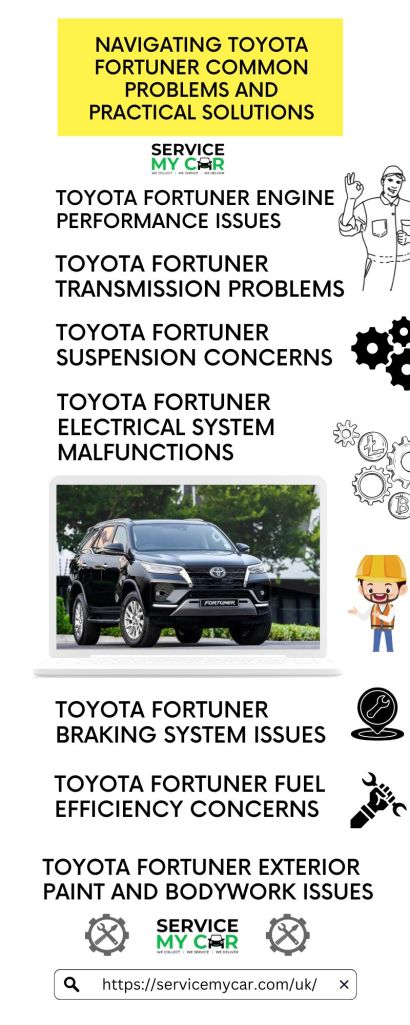
The Toyota Fortuner has long been a stalwart in the SUV market, prized for its rugged durability, off-road capabilities, and spacious interiors. However, like any vehicle, it's not immune to issues that can arise over time. In this comprehensive guide, we'll delve into some of the common problems encountered by Toyota Fortuner owners and provide practical solutions to address them.
Toyota Fortuner Engine Performance Issues

Problem: Some Fortuner owners have reported issues with engine performance, including loss of power, rough idling, and unusual noises.
Solution: Regular maintenance, including timely oil changes, air filter replacements, and spark plug checks, can help prevent engine problems. If issues persist, a thorough inspection by a certified mechanic is recommended to diagnose and address any underlying issues, such as faulty sensors or fuel system problems.
Toyota Fortuner Transmission Problems

Problem: Transmission problems, such as rough shifting, slipping gears, or transmission fluid leaks, have been reported by some Fortuner owners.
Solution: Maintaining proper transmission fluid levels and following manufacturer recommended transmission service intervals can help prevent transmission issues. If problems arise, it's crucial to have the transmission system inspected by a qualified technician to identify and resolve any issues promptly.
Toyota Fortuner Suspension Concerns
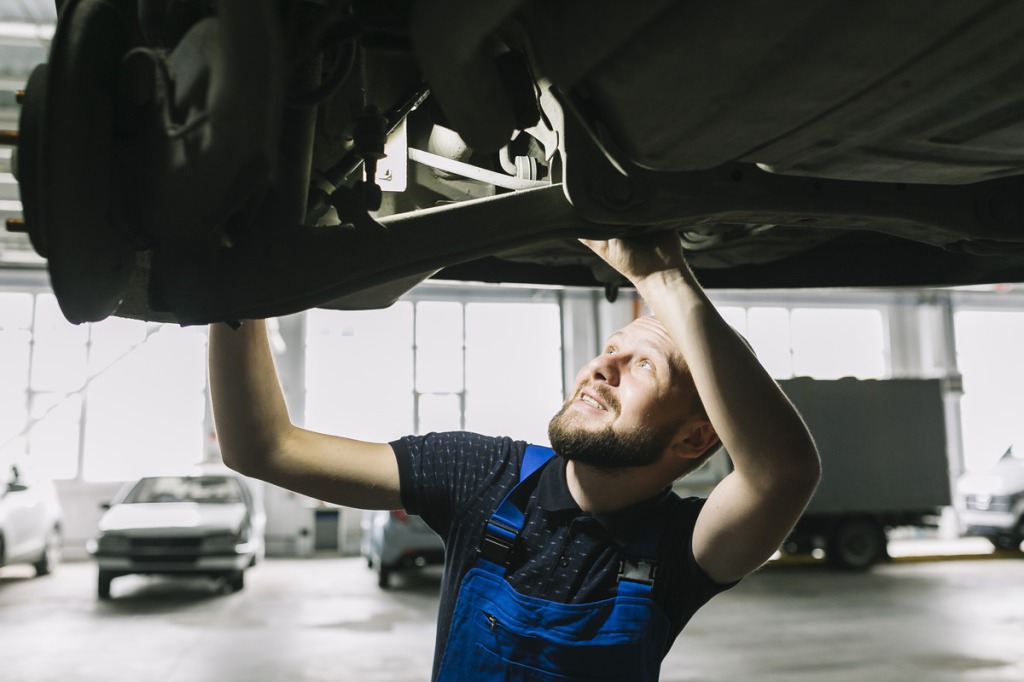
Problem: Suspension issues, including excessive bouncing, uneven tire wear, and noisy suspension components, have been experienced by some Fortuner owners.
Solution: Regular inspection of suspension components, such as shocks, struts, and bushings, can help identify and address potential problems early on. Replacing worn-out suspension parts and ensuring proper wheel alignment and tire balance can help improve ride quality and reduce wear on suspension components.
Toyota Fortuner Electrical System Malfunctions
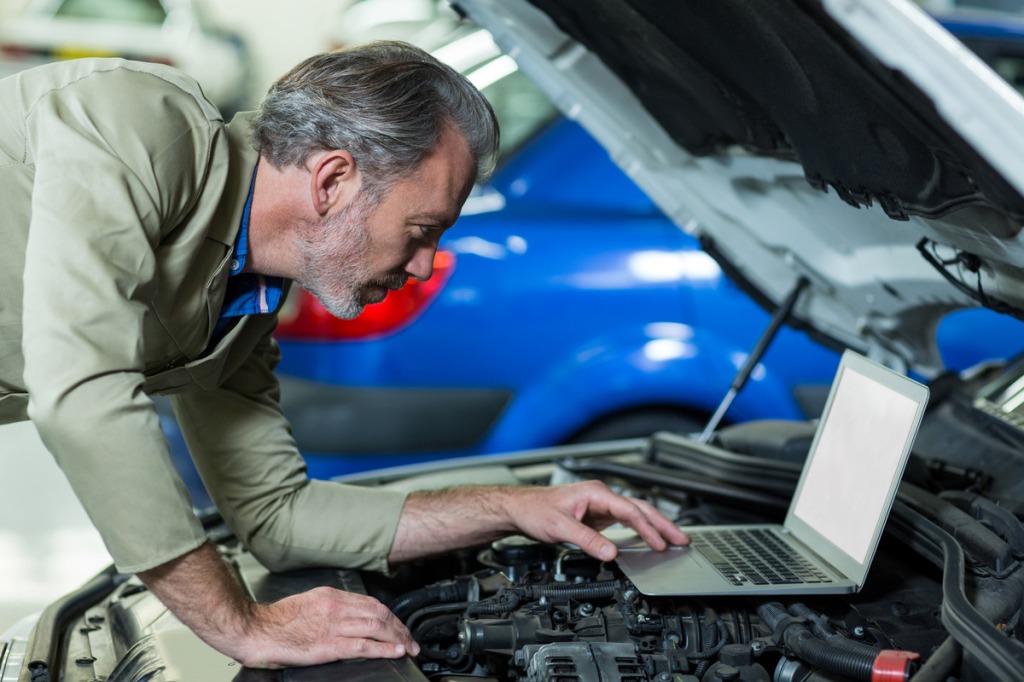
Problem: Electrical system malfunctions, such as faulty wiring, dead batteries, and malfunctioning sensors, have been reported by Fortuner owners.
Solution: Regularly checking the battery, alternator, and electrical connections can help prevent electrical issues. If electrical problems persist, it's advisable to have the vehicle inspected by a professional technician with expertise in automotive electrical systems to diagnose and repair any underlying issues.
Toyota Fortuner Braking System Issues
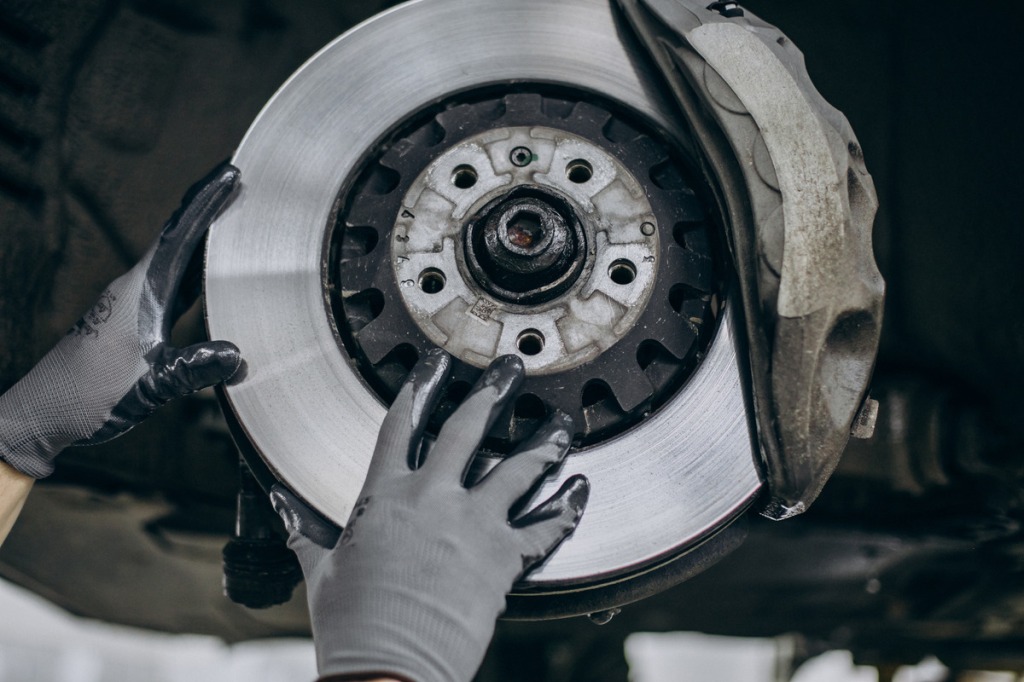
Problem: Some Fortuner owners have experienced braking system problems, including brake pedal pulsation, brake fluid leaks, and premature brake wear.
Solution: Regular brake inspections and maintenance, including brake pad replacements, brake fluid flushes, and rotor resurfacing or replacement as needed, can help ensure optimal braking performance and safety. Addressing brake system issues promptly can prevent more extensive damage and ensure reliable braking performance.
Toyota Fortuner Fuel Efficiency Concerns
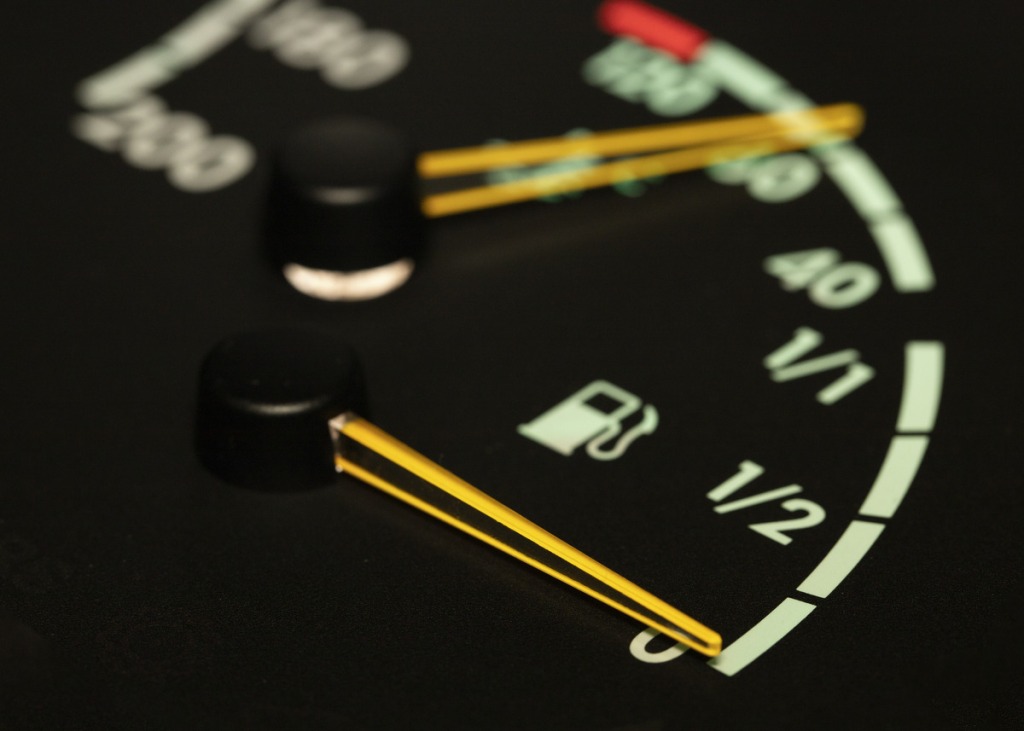
Problem: Some Toyota Fortuner owners have noticed decreased fuel efficiency over time, leading to increased fuel costs and decreased driving range.
Solution: To improve fuel efficiency, ensure regular maintenance of the vehicle, including proper tire inflation, clean air filters, and adherence to recommended driving habits. Additionally, consider using high-quality fuel and avoiding excessive idling or aggressive driving, which can contribute to decreased fuel economy.
Toyota Fortuner Exterior Paint and Bodywork Issues

Problem: Fortuner owners have reported issues with paint peeling, rust formation, and bodywork corrosion, particularly in regions with harsh weather conditions or frequent exposure to road salt.
Solution: To prevent exterior paint and bodywork issues, regularly wash and wax the vehicle to protect the paint from environmental contaminants and UV damage. Address any scratches or chips promptly to prevent rust formation. Additionally, consider applying a rust inhibitor or protective coating to vulnerable areas of the vehicle, such as the undercarriage and wheel wells, to minimize corrosion.
Conclusion
While the Toyota Fortuner is known for its reliability and durability, it's essential for owners to be aware of potential issues that may arise over time. By staying proactive with maintenance and addressing problems promptly, Fortuner owners can ensure their vehicles remain in top condition for years to come. Remember, regular servicing by qualified professionals and genuine replacement parts are crucial for maintaining the integrity and performance of your Toyota Fortuner.
Thanks for reading the blog. If you are wondering, how do you find the nearest car garage for car valeting? Open Google and type cheap car valeting in Manchester and you will find Service My Car at the top to get the best car valeting in the town.
-
Exploring Common Problems with the BMW 5 Series and Solutions
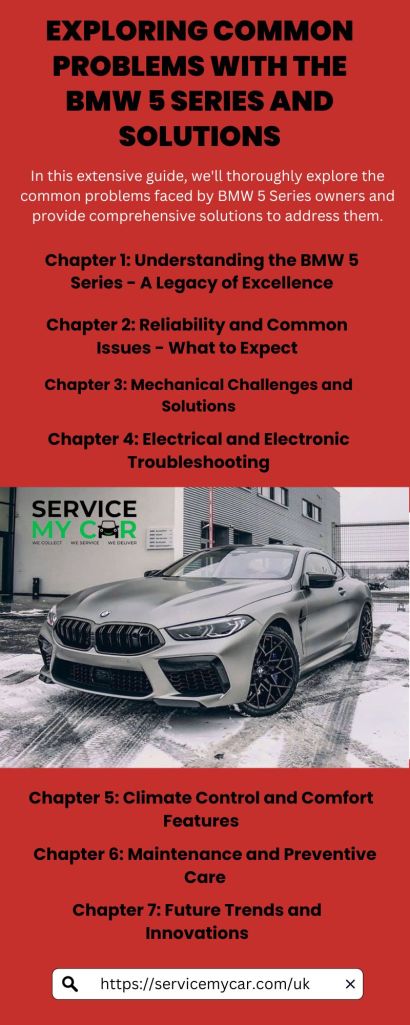
The BMW 5 Series stands as a quintessential symbol of luxury, performance, and engineering excellence. However, even the most meticulously crafted vehicles may encounter issues that affect their performance and reliability. In this extensive guide, we'll thoroughly explore the common problems faced by BMW 5 Series owners and provide comprehensive solutions to address them. Whether you're a proud owner or considering investing in a BMW 5 Series, this guide will equip you with the knowledge needed to navigate potential challenges and ensure a seamless driving experience.
Chapter 1: Understanding the BMW 5 Series - A Legacy of Excellence

Introduction to the BMW 5 Series: A flagship model renowned for its superior craftsmanship, cutting-edge technology, and dynamic performance.
Evolution of the BMW 5 Series: Tracing the lineage of the 5 Series through generations, highlighting key milestones and advancements.
Design and Engineering: Delving into the meticulous design and engineering processes that make the BMW 5 Series a standout in the luxury sedan segment.
Chapter 2: Reliability and Common Issues - What to Expect
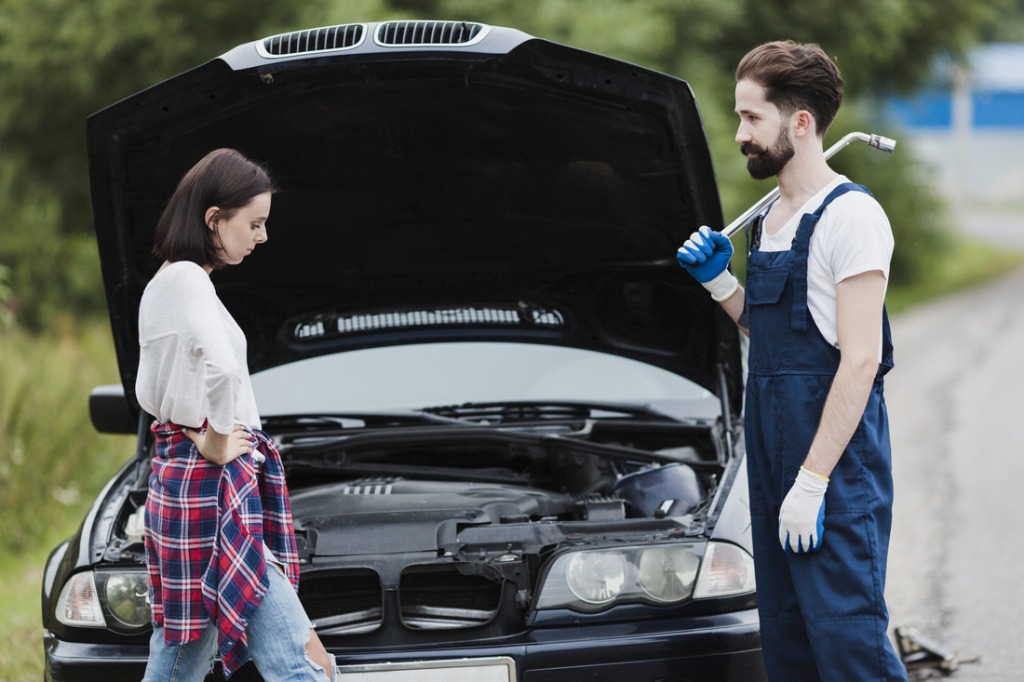
Reliability of the BMW 5 Series: Exploring the reputation of BMW vehicles for reliability and longevity, with insights into common issues faced by owners.
Technical Complexities: Understanding the intricate systems and components of the BMW 5 Series that may contribute to potential issues.
Common Problems: Identifying and discussing prevalent issues reported by BMW 5 Series owners, ranging from mechanical to electrical challenges.
Chapter 3: Mechanical Challenges and Solutions

Engine and Transmission Issues: Addressing common mechanical problems such as engine overheating, transmission failures, and irregular engine performance.
Suspension and Steering: Exploring issues related to suspension components, steering mechanisms, and their impact on driving dynamics.
Braking System: Discussing brake-related issues and the importance of regular maintenance to ensure optimal braking performance and safety.
Chapter 4: Electrical and Electronic Troubleshooting
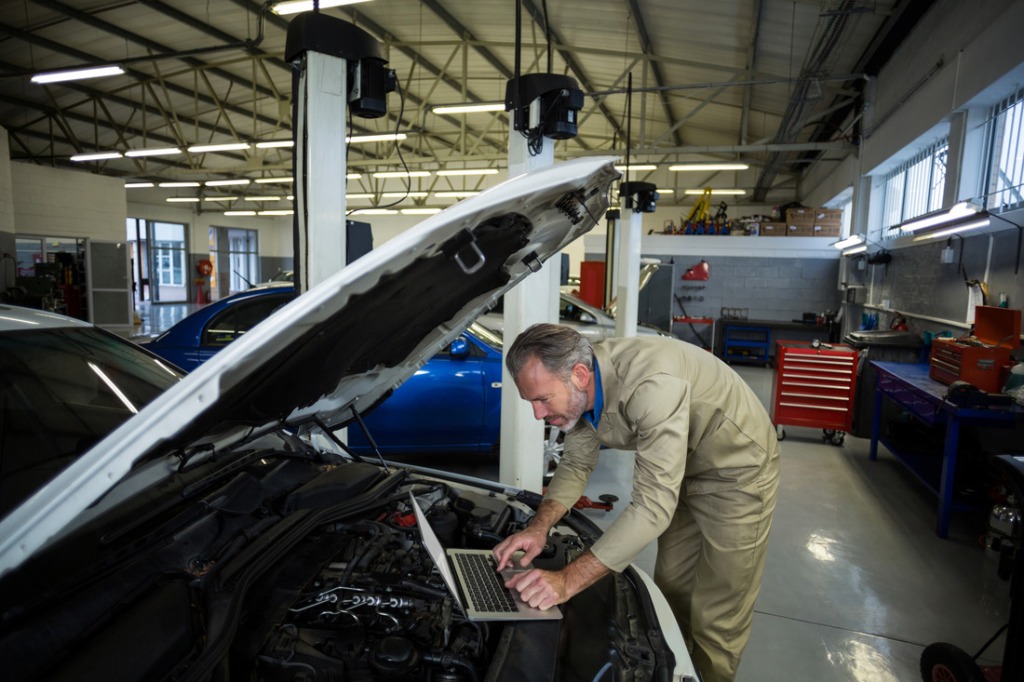
Battery and Charging System: Examining issues related to battery failure, charging system malfunctions, and strategies for diagnosing and resolving electrical faults.
Infotainment and Connectivity: Discussing common problems with the infotainment system, navigation, and connectivity features, along with troubleshooting tips.
Lighting and Sensors: Exploring issues with exterior and interior lighting, sensor malfunctions, and the role of advanced driver-assistance systems (ADAS) in modern BMWs.
Chapter 5: Climate Control and Comfort Features

Air Conditioning and Heating: Addressing common issues with the HVAC system, including inadequate cooling or heating, refrigerant leaks, and compressor failures.
Comfort and Convenience: Discussing problems with power seats, sunroof operation, and other comfort features, and strategies for resolving them.
Chapter 6: Maintenance and Preventive Care
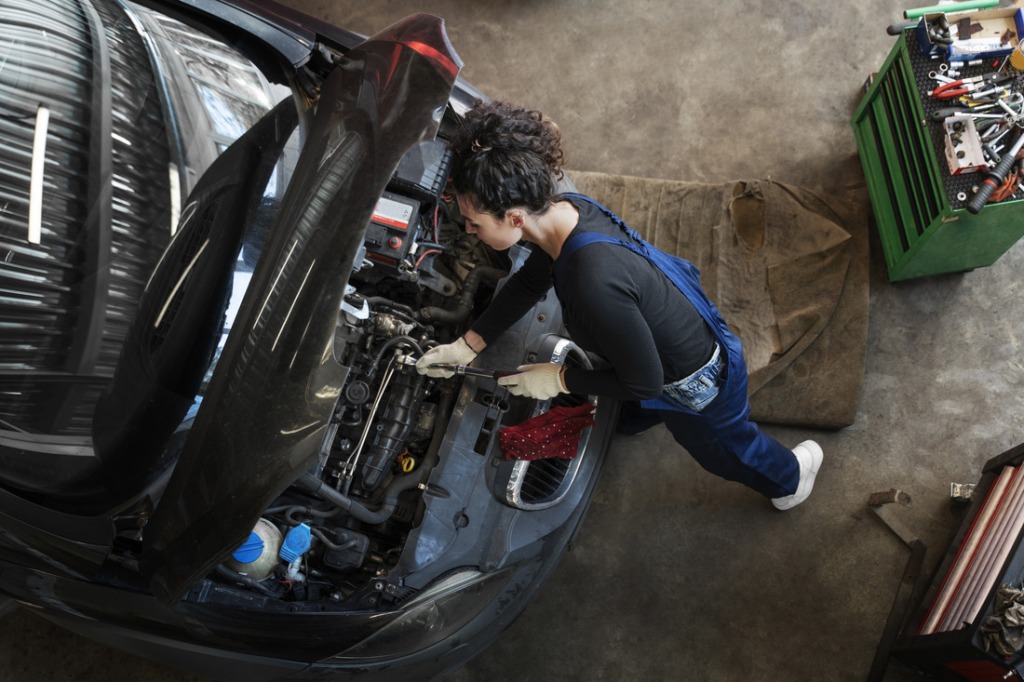
Routine Maintenance: Outlining the importance of adhering to manufacturer-recommended maintenance schedules and conducting regular inspections to prevent potential problems. DIY vs. Professional Service: Discussing when to perform DIY maintenance tasks and when to seek professional assistance from certified BMW technicians.
Genuine Parts and Accessories: Emphasizing the significance of using genuine BMW parts and accessories for repairs and upgrades to maintain vehicle integrity and performance.
Chapter 7: Future Trends and Innovations
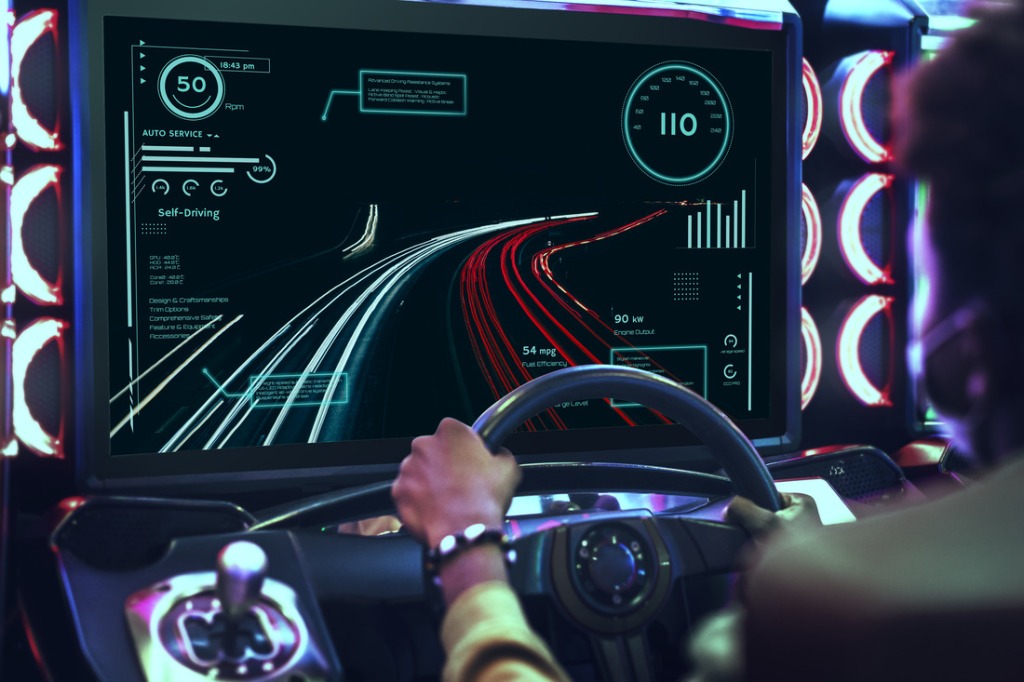
Advanced Technologies: Exploring emerging trends and innovations in automotive technology, including electrification, autonomous driving, and connectivity features, and their potential impact on future BMW 5 Series models.
Sustainability and Environmental Responsibility: Discussing BMW's commitment to sustainability and efforts to integrate eco-friendly technologies into their vehicles.
Conclusion:
In conclusion, the BMW 5 Series exemplifies the pinnacle of luxury, performance, and innovation in the automotive world. While no vehicle is immune to issues, armed with the knowledge and solutions provided in this guide, BMW 5 Series owners can navigate challenges effectively and ensure a smooth driving experience. By prioritizing regular maintenance, utilizing genuine parts, and staying informed about advancements in automotive technology, owners can continue to enjoy the unparalleled driving experience offered by the BMW 5 Series for years to come.
Thanks for reading the blog. If you are wondering, how do you find the nearest car garage for car radiator repair? Open Google and type automotive radiator repair in Manchester and you will find Service My Car at the top to get the best car radiator repair service in the town.
-
A Comprehensive Guide to Land Rover LR4: Common Problems and Best Years to Buy
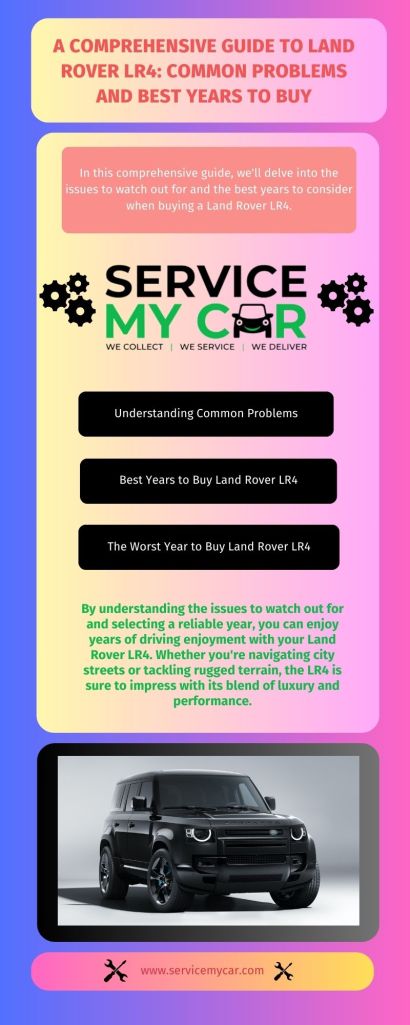
If you're in the market for a Land Rover LR4, you're likely drawn to its reputation for luxury and off-road prowess. However, like any vehicle, the LR4 has its share of common problems and standout years. In this comprehensive guide, we'll delve into the issues to watch out for and the best years to consider when buying a Land Rover LR4.
Understanding Common Problems

Before making a purchase, it's crucial to familiarize yourself with the common issues that LR4 owners often encounter. These problems can vary from year to year but may include:
Electrical System Malfunctions: Some LR4 models have been plagued by electrical system failures, leading to issues with various components such as lights, sensors, and entertainment systems.
Engine Troubles: Engine failures or performance issues have been reported in certain LR4 vehicles. These can range from minor annoyances to more serious mechanical issues requiring extensive repairs.
Transmission Problems: Transmission troubles, including rough shifting or complete failure, have been noted in some LR4 models. These issues can be costly to repair and may affect the vehicle's drivability.
Suspension and Steering Failures: Owners have reported problems with the LR4's suspension and steering systems, including leaks, squeaks, and premature wear. These issues can impact ride quality and safety.
Best Years to Buy Land Rover LR4

While the Land Rover LR4 has faced its share of challenges, there are also standout years known for their reliability and performance. If you're considering purchasing an LR4, here are some of the best years to keep in mind:
- Land Rover LR4: The 2011 LR4 is praised for its refined design and improved reliability compared to earlier models. It offers a good balance of features and performance, making it a popular choice among buyers.
- Land Rover LR4: Similar to the 2011 model, the 2012 LR4 continues to impress with its robust construction and capable off-road capabilities. It's a solid option for those seeking a dependable luxury SUV.
- Land Rover LR4: The 2013 LR4 receives high marks for its updated technology and enhanced driving dynamics. It remains a top contender in its class, offering a comfortable ride both on and off the road.
- Land Rover LR4: With its refined interior and improved fuel efficiency, the 2014 LR4 is a standout choice for buyers seeking a well-rounded luxury SUV. It boasts strong performance and a host of advanced features.
The Worst Year to Buy Land Rover LR4

In the world of automotive enthusiasts, discussions about the Land Rover LR4 often touch upon its rugged elegance, luxurious interior, and impressive off-road capabilities. However, amidst the praise, there lies a cautionary tale – the worst year for the Land Rover LR4.
The Troubled Year 2015: Among the various model years of the Land Rover LR4, 2015 stands out as a year fraught with challenges and disappointments for both owners and enthusiasts alike. What went wrong, you might ask? Let's delve into the reasons why 2015 is regarded as the LR4's nadir.
Recall Woes: One of the primary reasons behind the tarnished reputation of the 2015 Land Rover LR4 lies in its numerous recalls. These recalls encompassed a wide array of critical components, ranging from the fuel system to the electrical system and even the wheels.
Fuel System Issues: Among the recalls that plagued the 2015 LR4, issues with the fuel system were particularly concerning. Owners reported various problems, including leaks and fuel pump failures, which not only posed safety hazards but also led to costly repairs and potential engine damage.
Electrical System Failures: Another Achilles' heel of the 2015 LR4 was its electrical system, which exhibited a propensity for malfunctions and failures. From glitchy infotainment screens to malfunctioning sensors and intermittent electrical shorts, these issues contributed to a frustrating ownership experience for many LR4 owners.
Wheel Woes: In addition to the fuel and electrical system woes, 2015 LR4 owners also faced challenges with their wheels. Reports of cracked or warped wheels were not uncommon, leading to concerns about safety and the overall integrity of the vehicle's drivetrain.
The Verdict: A Year to Avoid: Considering the litany of recalls and the myriad of problems reported by owners, it's clear that 2015 was a year to avoid for prospective Land Rover LR4 buyers. While the LR4 may have redeeming qualities in other model years, the 2015 iteration serves as a cautionary tale about the perils of purchasing a vehicle during its troubled production cycle.
Conclusion

The Land Rover LR4 is a capable and stylish SUV that appeals to a wide range of drivers. However, like any vehicle, it's essential to be aware of common problems and choose the best model year for your needs.
By understanding the issues to watch out for and selecting a reliable year, you can enjoy years of driving enjoyment with your Land Rover LR4. Whether you're navigating city streets or tackling rugged terrain, the LR4 is sure to impress with its blend of luxury and performance.
Thanks for reading the blog. If you are wondering, how do you find the nearest car garage for car alternator replacement? Open Google and type car alternator replacement cost in Manchester and you will find Service My Car at the top to get the best car alternator replacement service in the town.
-
Hummer H2 Common Issues and Effective Solutions
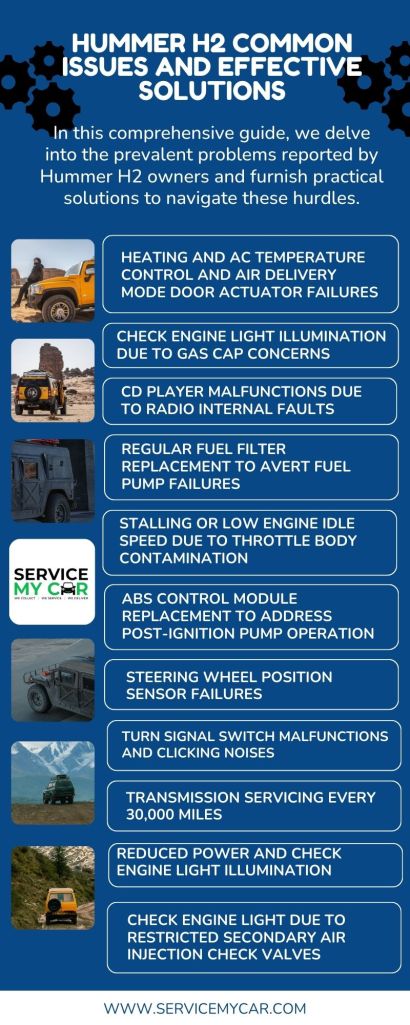
The Hummer H2 stands tall as a rugged and formidable SUV, capturing the hearts of off-road enthusiasts worldwide. Yet, like any mechanical marvel, it faces its share of challenges. In this comprehensive guide, we delve into the prevalent problems reported by Hummer H2 owners and furnish practical solutions to navigate these hurdles. Whether you're already a proud owner or contemplating acquiring one, this compendium offers invaluable insights into what to anticipate and how to tackle potential issues head-on.
Heating and AC Temperature Control and Air Delivery Mode Door Actuator Failures
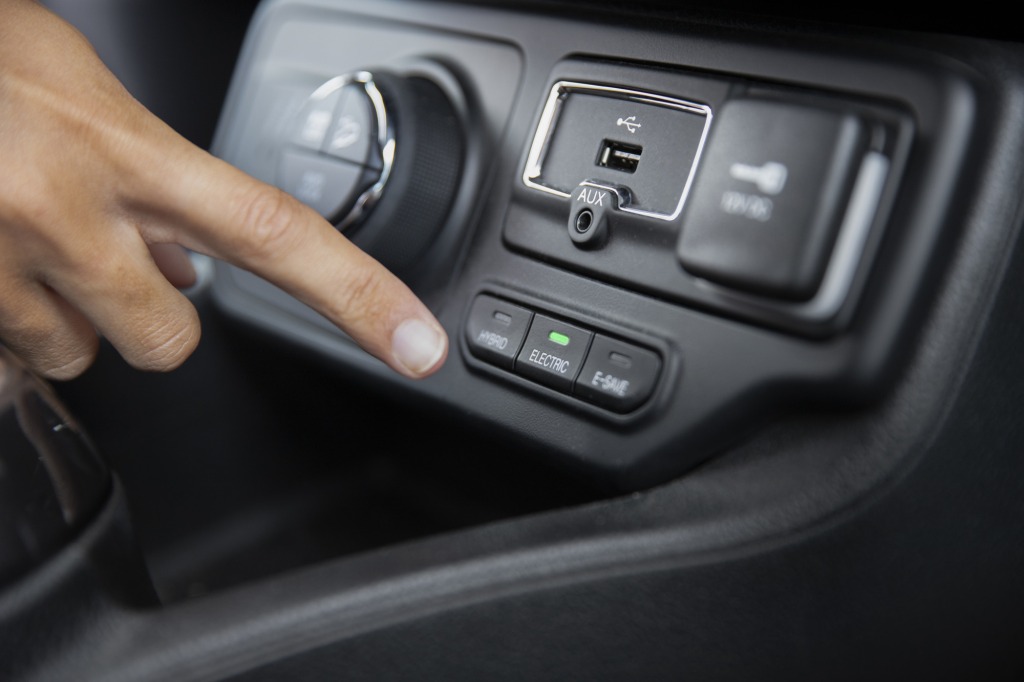
Among the most recurrent complaints with the Hummer H2 is the malfunction of the heating and AC temperature control, along with the air delivery mode door actuators. This glitch often leads to an inability to regulate cabin temperature and airflow direction, causing frustration for many owners. To address this, engaging a qualified technician to replace the faulty actuators is advisable. Additionally, regular upkeep and system inspections can nip potential issues in the bud before they escalate.
Check Engine Light Illumination Due to Gas Cap Concerns
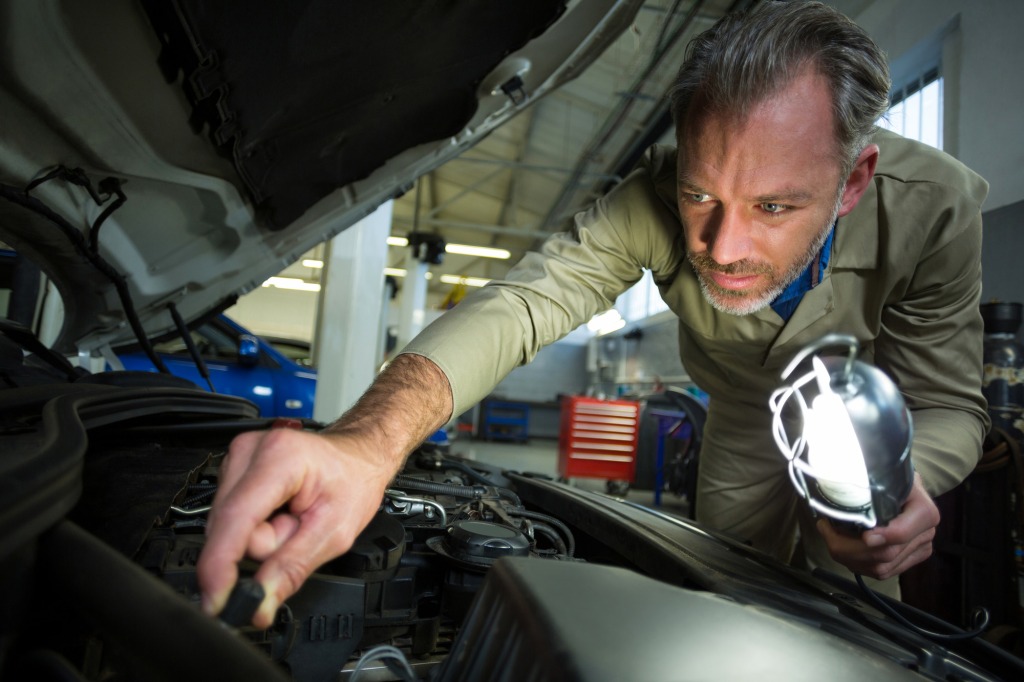
Another prevalent issue reported by Hummer H2 owners is the illumination of the check engine light stemming from gas cap problems. A loose or damaged gas cap can lead to fuel vapor leakage, triggering the onboard diagnostic system. If the check engine light appears, ensuring the gas cap is tightly secured is the first step. If the issue persists, seeking professional inspection of the fuel system is prudent to detect any leaks or underlying issues.
CD Player Malfunctions Due to Radio Internal Faults

Many Hummer H2 owners encounter challenges with the CD player, often failing due to internal faults within the radio system. This malfunction manifests as difficulty playing CDs or intermittent glitches during playback. If your CD player exhibits such behavior, consulting an experienced audio technician for inspection and repair is recommended. In some cases, replacing the radio unit may be necessary to rectify the issue.
Regular Fuel Filter Replacement to Avert Fuel Pump Failures
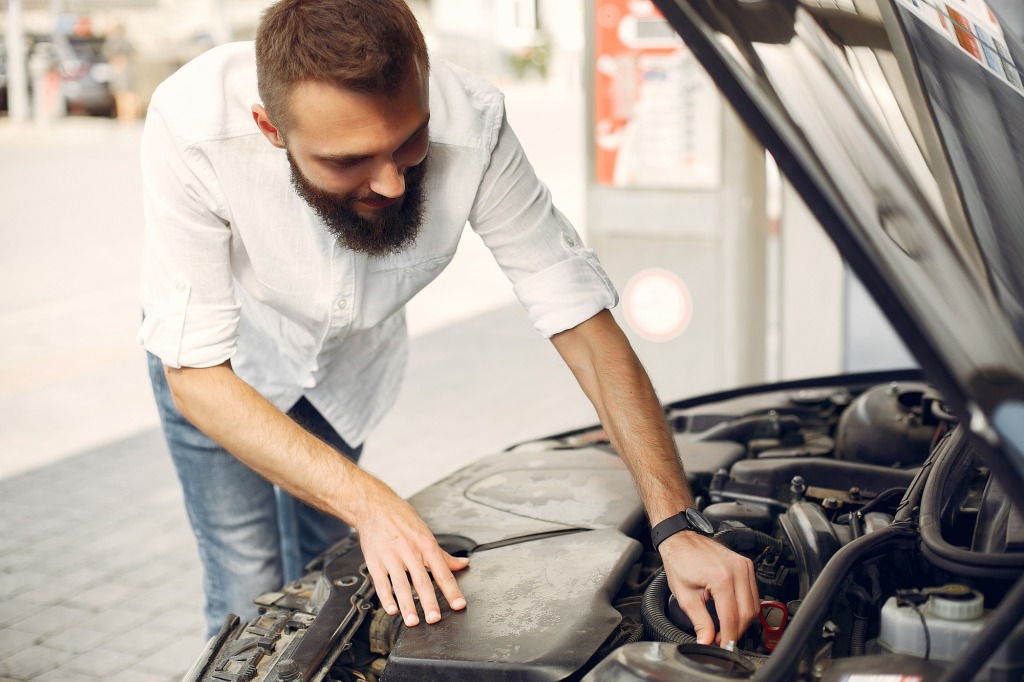
To safeguard against fuel pump failures, it's imperative for Hummer H2 owners to adhere to a 30,000-mile interval for fuel filter replacement. Over time, debris and contaminants can clog the fuel filter, impeding fuel flow and exerting strain on the fuel pump. Consistent maintenance and adherence to service intervals are paramount in preventing fuel pump failures. Consult your owner's manual or seek guidance from a certified mechanic for the appropriate replacement schedule.
Stalling or Low Engine Idle Speed Due to Throttle Body Contamination
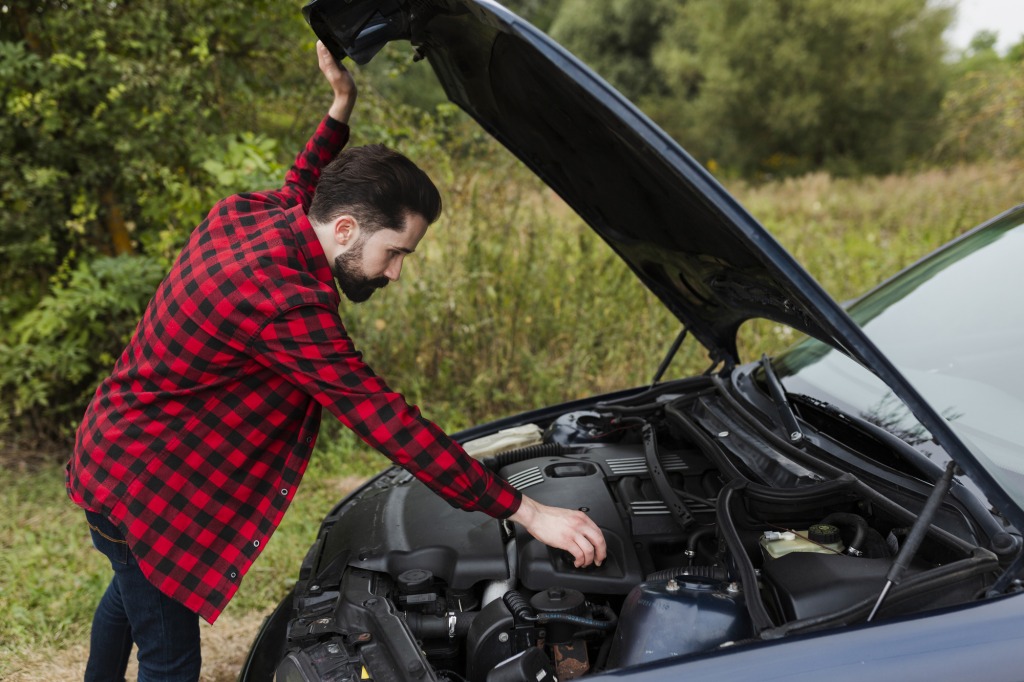
Dirty throttle bodies pose a common culprit for stalling or low engine idle speed in Hummer H2 vehicles. Carbon deposits or debris accumulation can disrupt airflow regulation, leading to engine performance issues. Regular throttle body cleaning is essential to mitigate stalling and maintain optimal engine idle speed. Refer to your owner's manual for detailed cleaning instructions or enlist the expertise of a qualified mechanic for assistance.
ABS Control Module Replacement to Address Post-Ignition Pump Operation
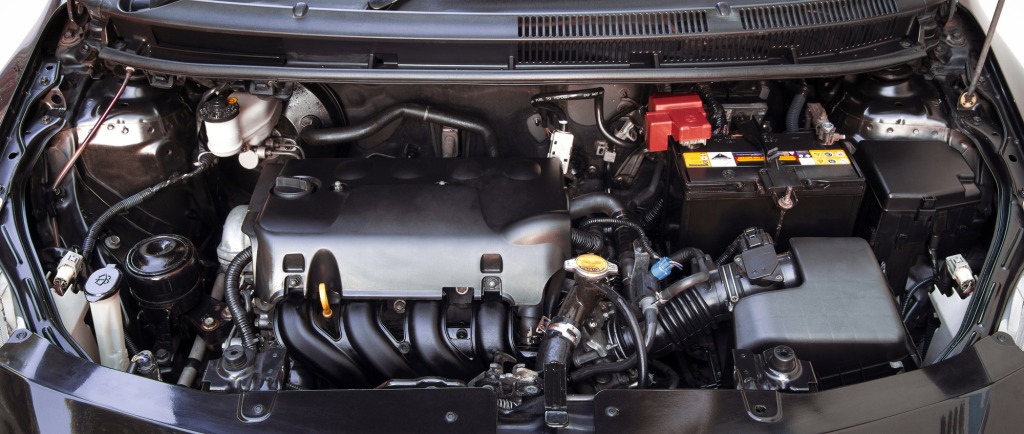
In certain Hummer H2 vehicles, ABS control module failures can cause the pump to operate even after ignition shutdown, resulting in battery drain and potential ABS system damage. Prompt replacement of the ABS control module by a professional technician is recommended to rectify this issue. Routine ABS system inspections can aid in early detection of potential malfunctions.
Steering Wheel Position Sensor Failures

Failures of the steering wheel position sensor present a significant concern for Hummer H2 owners, as they have the potential to compromise vehicle control and safety. It is highly advisable to promptly inspect and, if necessary, replace the sensor if any steering wheel position issues arise. Regular, thorough maintenance and inspections of the steering system play a crucial role in proactively identifying and resolving potential problems before they escalate.
Turn Signal Switch Malfunctions and Clicking Noises

Hummer H2 owners have reported turn signal switch malfunctions accompanied by clicking noises, posing safety hazards. If abnormal clicking noises or turn signal issues arise, prompt inspection and replacement of the turn signal switch by a qualified technician are recommended. Regular electrical system inspections can help preempt potential malfunctions.
Transmission Servicing Every 30,000 Miles

Ensuring the longevity and optimal performance of your Hummer H2's transmission entails regular servicing every 30,000 miles. This crucial maintenance practice involves fluid changes, filter replacements, and comprehensive inspections to detect and address any potential issues. By adhering to this recommended service interval, you can mitigate the risk of costly transmission repairs and ensure smooth operation, thus preserving the reliability and durability of your vehicle for years to come.
Reduced Power and Check Engine Light Illumination
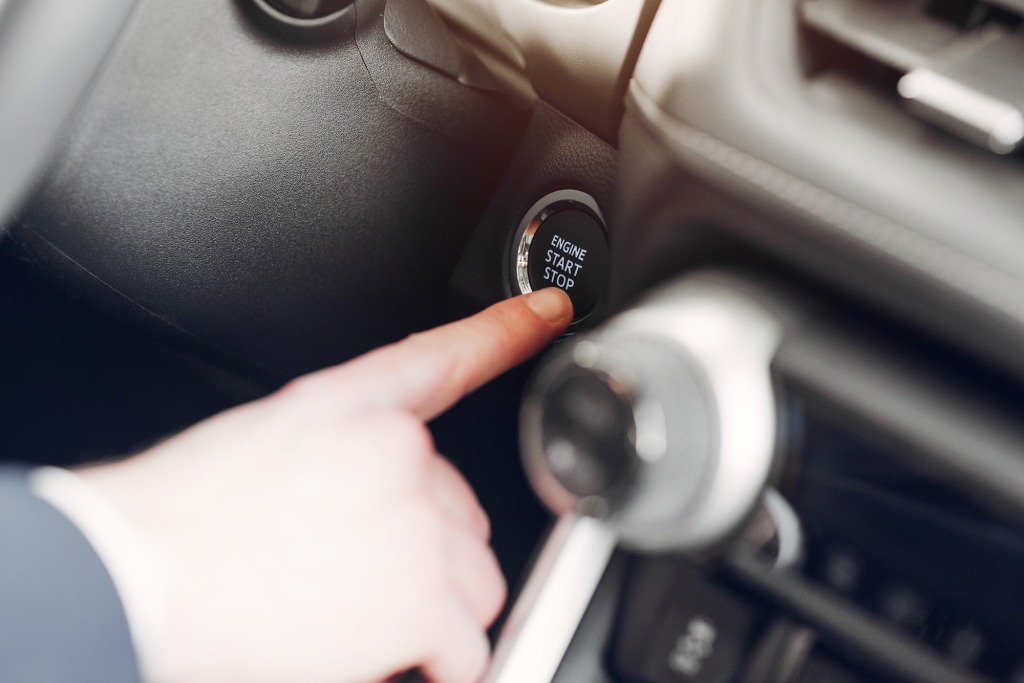
The illumination of the check engine light in conjunction with reduced power is a concerning issue experienced by some Hummer H2 owners. This symptom can indicate various underlying issues, such as fuel system malfunctions, ignition system problems, or faulty engine sensors. Prompt diagnosis by a qualified mechanic is essential to pinpoint the root cause of the problem and implement the necessary repairs or replacements. Addressing these issues swiftly ensures the continued reliability and performance of your Hummer H2, allowing you to drive with confidence on and off the road.
Check Engine Light Due to Restricted Secondary Air Injection Check Valves
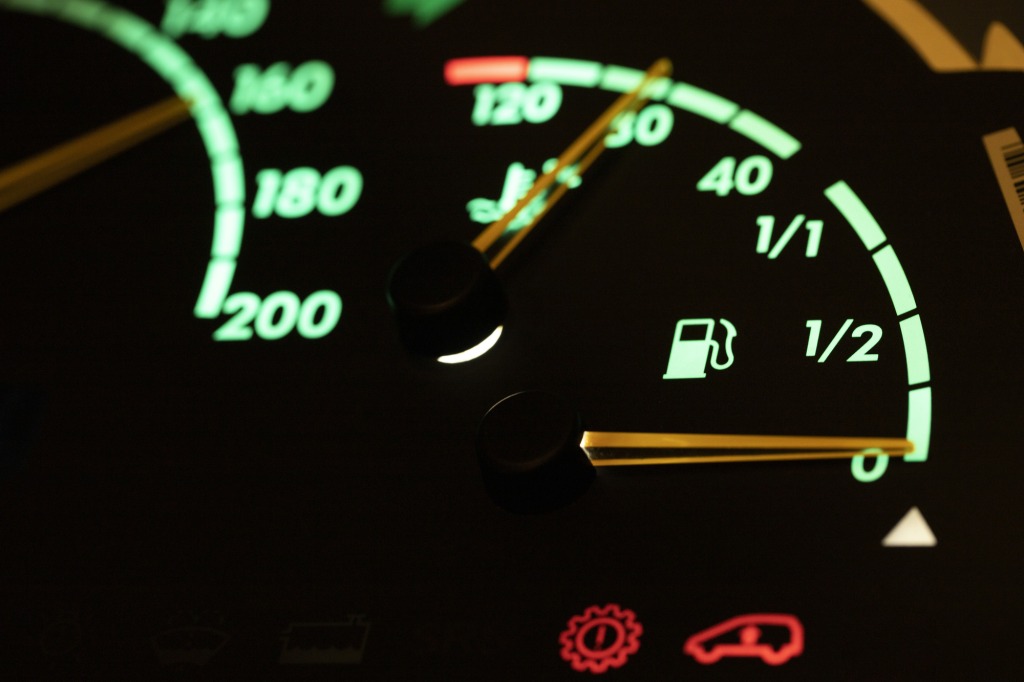
The illumination of the check engine light due to restricted secondary air injection check valves is a common issue faced by Hummer H2 owners. These valves play a crucial role in reducing emissions during cold starts, but over time, they can become restricted or faulty, triggering the check engine light. To resolve this issue, it is advisable to have the secondary air injection check valves inspected and replaced if necessary by a qualified technician. Regular inspections of the emissions control system can help detect and address such issues early on, ensuring compliance with emission standards and maintaining the optimal performance of your Hummer H2.
In Conclusion
Owning a Hummer H2 is an exhilarating journey, but being aware of common issues is paramount. By proactively maintaining your vehicle and promptly addressing issues, you can ensure continued reliability both on and off-road. Remember, consulting a qualified mechanic or authorized Hummer service center for significant problems ensures accurate diagnoses and effective solutions, preserving your Hummer H2's performance
Thanks for reading the blog, if you are wondering, how to find the nearest car garage for car egr valve? Open google and type cheap change egr valve in Manchester and you will find Service My Car on the top to get the best car egr valve service in the town.

Vous êtes hors connexion. Ceci est une version en lecture seule de la page.



.png)